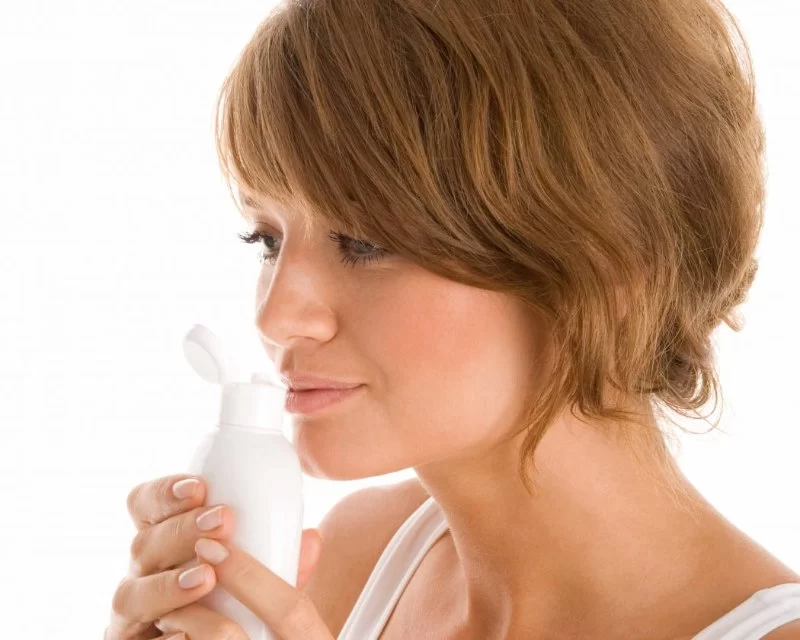- why-perfume-expires
- how-to-identify-an-expired-perfume
- what-does-expired-perfume-smell-like
- real-life-examples-of-fragrance-turning-bad
- how-to-store-your-perfume-properly
- when-to-replace-your-favorite-fragrance
1. Why Perfume Expires
The chemistry behind scent transformation
Every bottle of perfume has a lifespan. Though many assume fragrance lasts forever, most perfumes begin to change after three to five years. This happens because the essential oils and alcohol that make up your fragrance slowly oxidize over time. Exposure to light, air, and heat accelerates this process, breaking down the delicate molecular balance that gives a perfume its character.
Perfumes with higher concentrations of natural oils, such as niche or luxury fragrances, tend to degrade faster than synthetic-based ones. This doesn’t mean your favorite scent turns instantly foul—it simply evolves, sometimes in subtle, unexpected ways. As experts from Scent Snob explain, understanding these changes helps you identify when a perfume has passed its prime and needs to be replaced.
2. How to Identify an Expired Perfume
Visual and aromatic signs your perfume has gone bad
Perfume doesn’t come with an obvious expiration date, so recognizing the clues is key. Here are a few telltale signs that your fragrance may have expired:
1. Color change: A once-clear perfume that has turned amber or darker is likely oxidized. This is especially true for perfumes stored near sunlight.
2. Texture alteration: If the liquid appears cloudy or has small particles floating in it, it’s time to let it go.
3. Bottle residue: Crystallization or sticky residue around the spray nozzle indicates degradation of the oils inside.
Visual cues are important, but the most definitive sign lies in the scent itself — which leads us to the main question: what does expired perfume actually smell like?
3. What Does Expired Perfume Smell Like
Recognizing the scent of oxidation and decay
The smell of expired perfume can vary depending on its composition, but it often carries one or more of the following characteristics:
1. Sour or vinegar-like notes: Oxidized alcohol can produce sharp, unpleasant undertones that overpower the original fragrance.
2. Metallic or chemical smell: As synthetic compounds break down, they can create a tinny, artificial scent reminiscent of rubbing alcohol.
3. Musty or stale odor: Perfumes stored in humid environments may develop a damp, “old” aroma, similar to a forgotten attic box.
4. Flatness: Even without a foul odor, a once-vibrant perfume might lose depth or complexity, leaving behind a faint, one-dimensional smell.
Imagine spraying a perfume that once burst with citrus and florals, only to be met with a dull, acidic note. That’s oxidation at work — stripping away the layers of scent that once made it captivating.
Professionals at Scent Snob suggest using the “first whiff test.” Spray once and wait 10 seconds. If what lingers feels off-putting, chemical, or just uninspiring, your fragrance has likely expired.
4. Real-Life Examples of Fragrance Turning Bad
Stories from fragrance lovers and collectors
Many fragrance enthusiasts share stories about their favorite perfumes changing over time. One collector recalled storing a vintage Chanel No. 5 in a sunny display cabinet. After five years, the scent developed a harsh, sour top note that lingered long after spraying. Another user of Dior’s “J’adore” noticed her perfume smelling slightly metallic after leaving it in her car during summer — a classic case of heat damage accelerating oxidation.
Interestingly, not all aging scents are unpleasant. Some heavy, resin-based perfumes like amber or oud compositions can deepen beautifully over time, taking on a richer, warmer character. But the key difference is intentional aging versus uncontrolled exposure. Experts from Scent Snob emphasize that most mainstream perfumes aren’t designed to age like fine wine — they’re best enjoyed within their intended shelf life.
5. How to Store Your Perfume Properly
Preserving your favorite scent for years
Proper storage is the secret to extending your perfume’s life. Keep your bottles in a cool, dark place — ideally away from direct sunlight and humidity. Closets or drawers are perfect. Avoid keeping perfume in the bathroom, as constant temperature fluctuations and moisture degrade the formula.
Additionally, ensure bottles remain tightly sealed to minimize exposure to air. If you collect multiple fragrances, rotate usage to prevent long periods of stagnation. Some enthusiasts even keep their rarest scents refrigerated — though this is optional and only effective for specific natural-based perfumes.
Scent Snob recommends considering your perfume’s composition when storing. Light, citrusy perfumes are the most fragile, while woody or oriental scents tend to have better longevity. By caring for your bottles, you can keep your favorite fragrances smelling fresh for years.
6. When to Replace Your Favorite Fragrance
Knowing when to let go and find something new
Holding onto a sentimental perfume can be hard, especially when it carries emotional memories. But using an expired scent not only diminishes your sensory experience — it can also irritate your skin or cause allergic reactions due to chemical breakdowns.
When it’s time to say goodbye, consider exploring modern equivalents or reformulated versions. The experts at Scent Snob specialize in helping fragrance lovers find replacements that evoke the same mood or olfactory story as their original favorites.
Perfume, at its heart, is meant to spark joy and self-expression. Understanding how it evolves — and when it expires — ensures that every spritz feels as luxurious as the first one. The next time you wonder, “What does expired perfume smell like?”, remember: it’s the scent of time, chemistry, and a story coming to its natural end.


0 comments